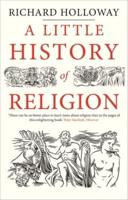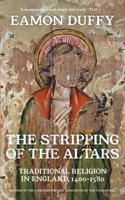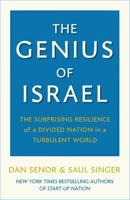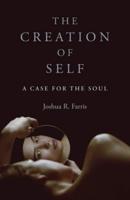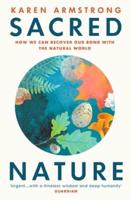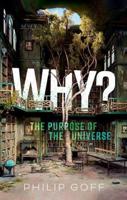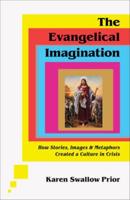Publisher's Synopsis
Natural Law Ethics in Theory and Practice brings together a selection of essays of the late Joseph Boyle. Boyle was, with Germain Grisez and John Finnis, a founder and developer of the New Classical Natural Law Theory, arguably the most important development in Catholic moral philosophy of the twentieth century. While this theory is indebted to the work of St. Thomas Aquinas, it incorporates an understanding and assessment of that work that is different from that found in other statements of natural law. Boyle made crucial contributions to a wide variety of aspects of this theory, and the volume is divided into two parts.
Part One: Articulating a Theory of Natural Law contains three sections in which Boyle defends the reality of free choice and the view that the basic reasons for action, or first principles of natural law, are incommensurable in goodness. Boyle identifies the basic moral standard for choice and action, and develops an account of human action that elucidates the important role played by intention and double effect in their moral evaluation.
The essays in Part Two: Natural Law Theory and Contemporary Moral Problems demonstrate the strength and scope of Boyle's natural law account, as he brings it to bear upon just war theory, property and welfare rights, and issues in bioethics. The essays in bioethics address the difficult question of whether it is appropriate to tube-feed patients in persistent vegetative state, and include an unpublished essay, "Against Assisted Death," which he delivered as the Anscombe Lecture at The Anscombe Bioethics Centre in Oxford about a year before he died.
This volume also includes a Foreword by Princeton's Robert P. George; an Introduction by the editors that highlights Boyle's contribution to the development of the new classical natural law theory; and a bibliography of Boyle's publications.

